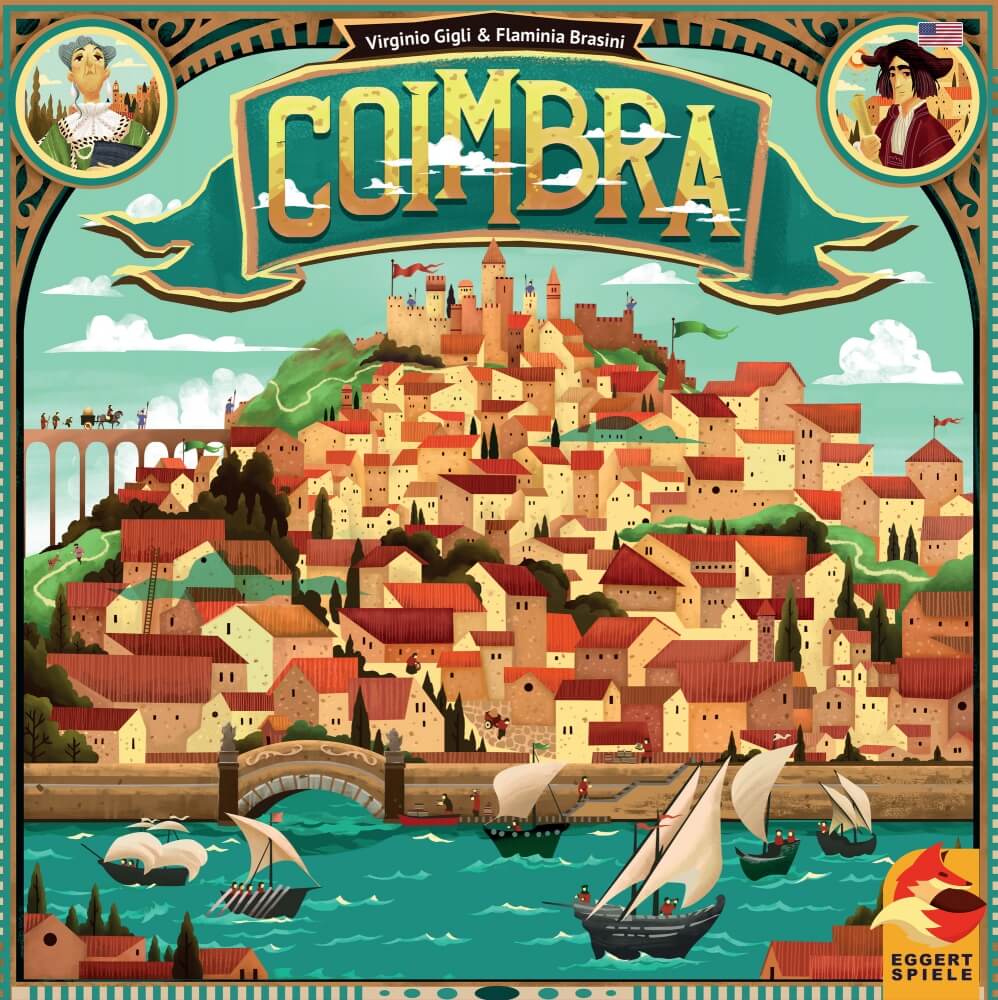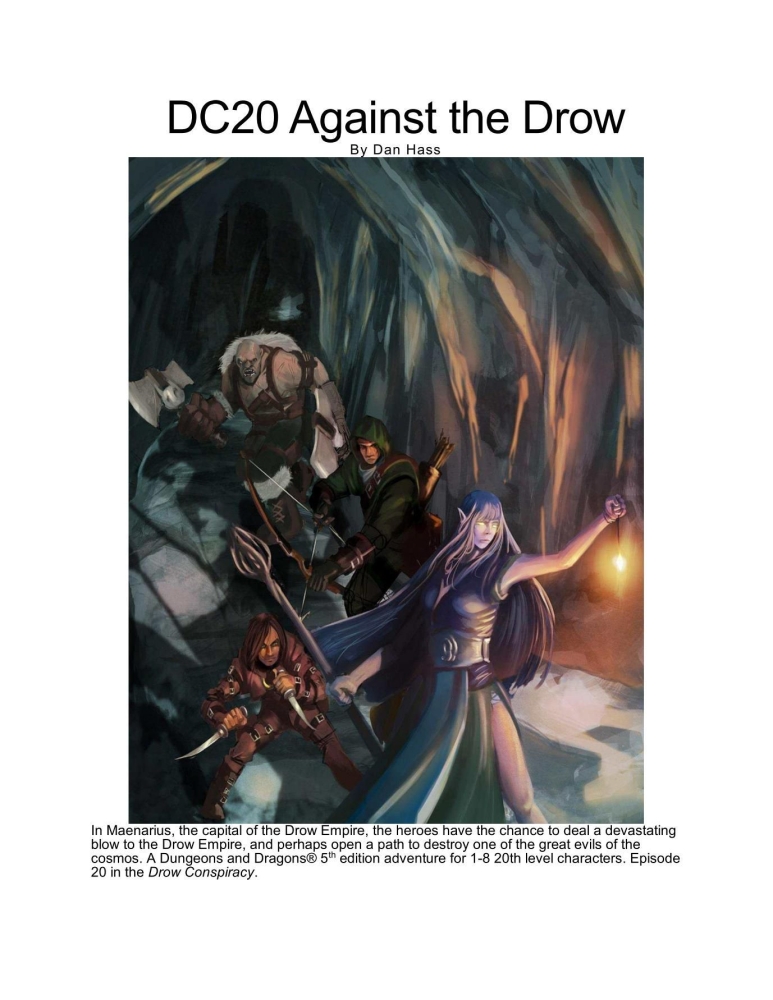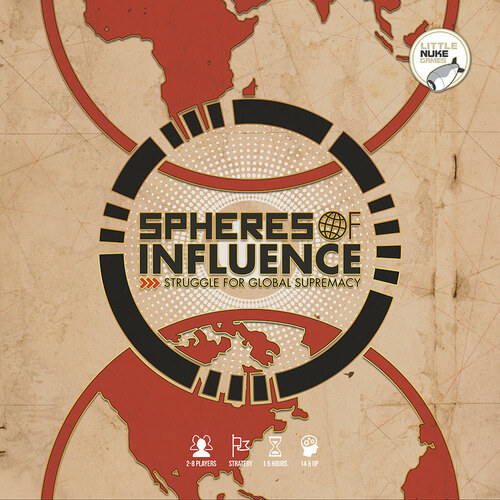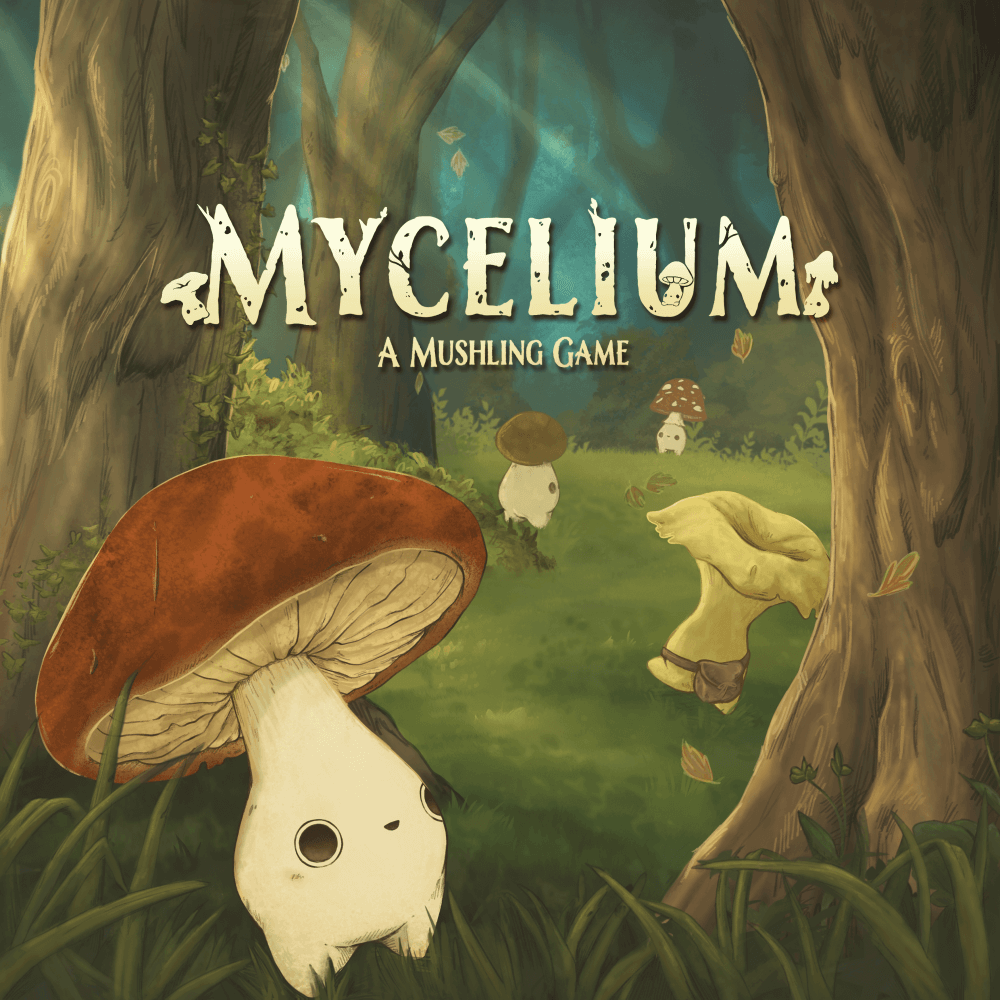
Coimbra
In Coimbra, you are transported to the 15th century, at a vibrant time in Portuguese history, when the city stood out as a cultural hub during the Age of Discovery. Here, you take charge of one of the city's oldest houses and your mission is to gain prestige. To do this, you must forge closer ties with monasteries and seek out funding opportunities in the expeditions of the time. The essence of the game lies in knowing how to win over Coimbra's most influential citizens, with strategies that can include offers of money or protection. What makes Coimbra unique is its innovative dice selection system. Each player uses the dice in a multifaceted way each round, influencing crucial decisions that can change the course of the game. The dynamic between citizens, expeditions and monasteries brings a fluidity that ensures that no game is the same as the last. Finding the best way to use your moves can open up different paths to victory. With so many possibilities, your choices will determine your success as you navigate the opportunities and challenges that Coimbra offers.Artists: Chris Quilliams;
Designers: Flaminia Brasini; Virginio Gigli
Date: 2018
Note: 8
Mechanics: Allocation of Data Workers, Trees / Technology Trails, End of game bonus, Collecting Sets, Open Buy, Auction / Bidding, Point-to-point movement, Shift Order: Based on Statistics, Variable preparation, Income, Data Scrolling, Action Selection
Topics: History
Table of Contents
- How to Play
- Tips for playing
- Game mechanics
- Game components
- Additional Information
OBJECTIVE OF THE GAME
Tips for playing
Here are some tips for doing better in the game Coimbra:
- Invest in monks from the start to get influential bonuses and point multipliers that are crucial at the end of the game.
- The order of the dice is fundamental; choose those that allow you to maximize card benefits and put your turn ahead of your opponents.
- Remember to balance the investment between protection and income, since a good defense guarantees resources without the risk of losses.
- Explore different types of cards to diversify your strategies, expanding your chances of victory with unique abilities.
- Constantly monitoring your areas' revenues directly influences your purchasing power, so adjust your strategy as necessary.
Video about the game
GAME mechanics
- Collecting Sets - In Coimbra, players accumulate cards of different colors to create sets. Each set offers different bonuses and points. The strategy here is to balance the acquisition of cards to maximize both the immediate and long-term benefits.
- Data Scrolling - In this game, the dice are rolled at the start of each round to define the order of choice. The results of the dice also influence the amount the player must pay to obtain certain benefits, adding a layer of luck and strategy to the decisions.
- Allocation of Data Workers - Rolled dice are used as workers and are placed in different locations in the city of Coimbra. Each location offers specific rewards and the placement of the dice influences the priority of choice, making it crucial to manage your dice values well.
- Trees / Technology Trails - Players move their tokens on influence and favor tracks, each focusing on different aspects of the game, such as financial rewards or progress. Investing in certain tracks can guarantee significant advantages and alter strategies throughout the game.
- End of Game Bonus - At the end of the match, players receive extra points based on certain criteria accumulated during the game, such as the number of cards of each color or the level of progress on the tracks. Planning ahead to maximize these bonuses is essential for victory.
- Auction / Bidding - The bidding mechanic is used when players compete for character cards. The dice represent the bids, and positioning them correctly to overcome opponents is vital. Each choice directly affects the resources and opportunities available to the players.
- Point-to-Point Movement - Each player moves their emissary around the map in order to collect bonuses and carry out strategic actions. Movement is limited and must be well calculated to maximize the benefits, creating an interesting dynamic of choice and opportunity.
- Shift Order: Based on Statistics - The turn order is determined by the value of the dice placed, with the lowest values gaining priority in the choice of actions. This requires tactical decisions about when to compete to be the first to act or breathe a sigh of relief last.
- Variable Preparation - Coimbra's initial setup varies with each game, with cards and components arranged randomly, ensuring that each match presents new challenges and opportunities, promoting replayability and testing players' adaptability.
- Income - During the game, players can collect income from different sources, such as money or prestige points, based on their cards and position on the tracks. Choosing and investing in the right sources of income can make all the difference in the course of the game.
- Open Buy - Players acquire cards and benefits that are visible to everyone, which means they must plan their strategies taking into account the actions and possible intentions of their opponents. Balancing the focus between your tactics and those of your opponents is crucial.
- Action Selection - Each turn, the available actions are influenced by the allocated data, forcing players to consider how best to use their actions to achieve their goals. Efficient use of this mechanism can provide impactful tactical advantages.
Game components
See all the items in the game below Coimbra:
- 1 Main tray
- 4 individual trays
- 56 Character Cards
- 15 Exploration Cards
- 13 Action Data
- 24 Monasteries
- 4 Advantage Pieces
- 4 Wealth Tokens
- 4 Pieces of Influence
- 12 Data holders
- 100 Scoring Disks
- 4 Pilgrims on the Road
- 4 Guardian Lions
- 8 Progress Markers
- 5 Alternative Data Sheets
- 1 Additional detail
- Instruction manual
Additional Information
- Ludopedia link: https://ludopedia.com.br/jogo/coimbra
- Link Tabletopia:
- Amazon Brazil link: Comprar Coimbra
- Amazon USA link: Comprar Coimbra


